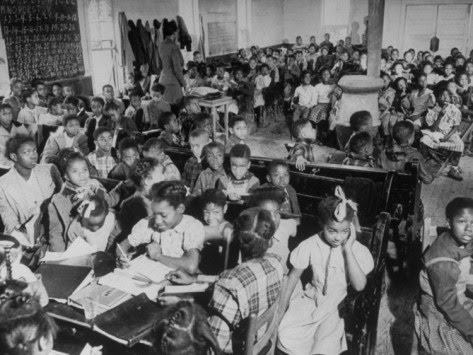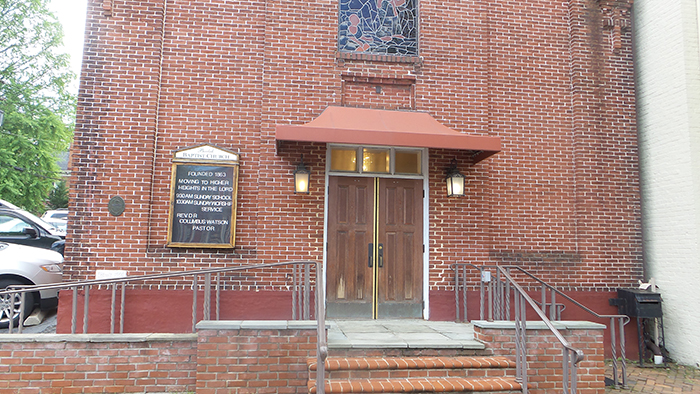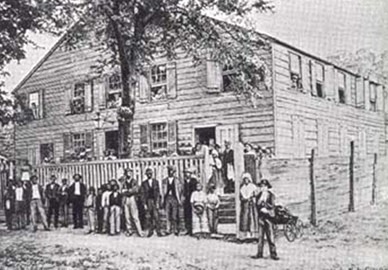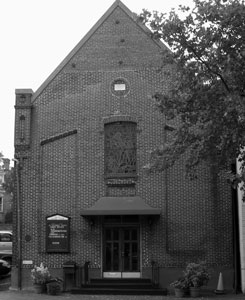“The First Select Colored School” served over 700 students in its first year. The schools, which included a night school for adults and a Normal and Theological Institute for those with some education, preceded the federal schools set up by the Freedman’s Bureau by many months.
The Beulah Baptist Church was founded the next year, 1863, and remains a vital African American congregation to this day.
In the founding days, Rev. Clem Robinson also taught upper-level students at the “Beulah Normal and Theological Institute,” met at the church and had over 80 students in the first few years. The aim was to educate future teachers and preachers for the Black community, both men, and women. The school placed over 30 missionaries and educators into the field in the first few years.
This pioneering effort preceded any other Black Normal and Theological Institute during the Reconstruction period, including Wayland Seminary (later Virginia Union, 1865), Fisk University (1866), Morehouse College (1867), Howard University (1867), the Hampton Institute (1868), and Spelman College (1881).
Much of the financial aid and support was given by the Free Baptist Mission Society of New York and the American Baptist Home Missionary Society. Located on the southern edge of the historic African American neighborhood known as “The Bottoms,” or “The Berg,” (named after Petersburg) this wet, marshy location on the southern outskirts of downtown became one of the city’s first black neighborhoods.
The First Select Colored School pioneers along with Rev. Clem Robinson were George Seaton, George W Simms, Charles Watson, Anthony S. Perpener, George W Bryant, Hannibal King, George P. Douglas, John Davis, J. McKinney Ware, James Pipe, and Reverend George Washington Parker. They were all free “people of color” African Americans of Alexandria, Virginia.
Reverend George Washington Parker was not only a trustee of “The First Select Colored School,” but he was also a teacher. Reverend Parker with the other trustees was involved in several land deeds in 1865 – 1867 that resulted in land acquisition for the “Third Baptist Church”. He was a teacher and a minister for former slaves during the Civil War. The former slaves became the early members of “Third Baptist Church”. He became the pastor at “Third Baptist Church” from 1863 – 1875. Rev. George Parker also holds the distinction of being the first African American in 1870 to serve on the Alexandria City Council. He owned the Empire House Hotel, located on King Street between Payne and Fayette Streets.
Reverends Clem Robinson and George Parker assisted in the efforts of other pioneers for Black education in Alexandria, like Harriet Jacobs and Julia Wilbur. Rev. Robinson’s school remained in place until 1870, when Alexandria opened its public-school system. The church was also the first black church founded in Alexandria after its Union occupation in 1861.
From its inception, Beulah Baptist Church focused on providing religious and educational services to black residents, including the massive swell of contrabands that fled from Petersburg and slaves who were subsequently freed after the signing of the Emancipation Proclamation by President Abraham Lincoln were taught at this school.




